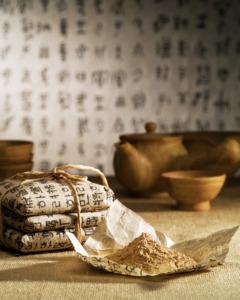As a well known herb, Ganoderma lucidum is regarded as safe and is listed in the safest drug class in the American Herbal Products Association Botanical Safety Handbook with no reported herb-drug interactions.
Recent human clinical trials with Ganoderma lucidum have included laboratory safety parameters such as hepatic, renal, and hematological biomarkers and no pathological abnormality or serious adverse event has been reported. Mild symptomatic adverse effects such as dry mouth, sore throat, and nausea have been reported occasionally.
biomarkers and no pathological abnormality or serious adverse event has been reported. Mild symptomatic adverse effects such as dry mouth, sore throat, and nausea have been reported occasionally.
A case of hepatotoxicity related to Ganoderma lucidum mushroom powder was reported from Hong Kong in 2004, but this was thought to be due to the excipient ingredients. Another case of fatal fulminant hepatitis in a patient taking Lingzhi in powder form was reported from Thailand in 2007. Such cases do need careful assessment before attributing the effects to Ganoderma lucidum components, but they also illustrate the need to be vigilant with herbal treatments.
It is important to be cautious when taking herbal supplements in combination with conventional medications, particularly those that are very sensitive to herb or drug interactions such as warfarin. Most herbal supplements are contraindicated in patients taking warfarin.
Ganoderma lucidum may have a mild antithrombotic effect itself in high doses and this could increase the effect of other anticoagulant or antiplatelet medications, including aspirin, resulting in an increased risk of bruising or bleeding. In patients taking other prescription medications, it is generally better to separate the intake of those medications and Ganoderma lucidum products by at least two hours in case there is any interference with drug absorption.

Leave A Comment